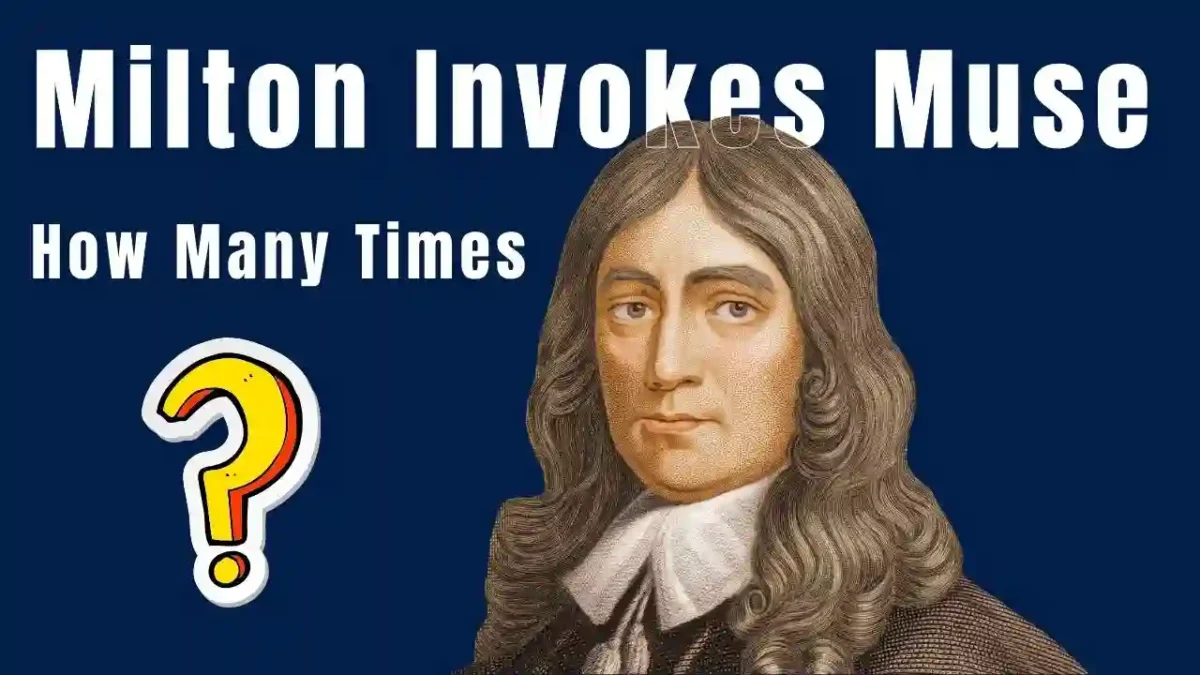John Milton, a towering figure in English literature, is well-known for his epic poem Paradise Lost. One of the most striking features of this work is how often he invokes the Muse. But how many times Milton invokes Muse is a question that merits exploration. This invocation serves not only as a literary device but also as a reflection of Milton’s artistic and spiritual aspirations.
Table of Contents
The Significance of the Muse
In classical literature, invoking the Muse is a common practice. It serves to call upon divine inspiration for the poet’s work. For Milton, this act is deeply intertwined with his religious beliefs and personal struggles. He transforms the traditional concept of the Muse into something more profound, aligning it with Christian themes.
Milton specifically invokes Urania, referred to as the “Heav’nly Muse.” This reflects his desire for divine guidance in portraying complex themes like sin, redemption, and human fallibility. The Muse becomes a symbol of higher inspiration that transcends mere artistic endeavor.
Instances of Invocation in Paradise Lost
Milton invokes the Muse multiple times throughout Paradise Lost. Notably, he does so at the beginning of Book I and Book VII.
- Book I Invocation
- In Book I, Milton begins with a prologue where he calls upon Urania to help him tell the story of man’s disobedience and fall from grace. He asks for inspiration to rise above his limitations and convey profound truths about the human condition[2][5].
- Book VII Invocation
- In Book VII, Milton again turns to Urania. Here, he seeks her guidance to discuss creation and the divine order of the universe. This invocation emphasizes his aim to elevate his narrative beyond earthly concerns[3][6].
Additionally, some interpretations suggest that there are nuances in these invocations. For instance, some scholars argue that Milton invokes two different aspects of the Muse within Book I itself—one for the epic’s heroic tone and another for its tragic elements[6].
Thematic Implications
The act of invoking the Muse carries significant thematic weight in Milton’s work. It highlights his struggle between earthly desires and spiritual aspirations. By calling upon Urania, he seeks to align his poetic mission with divine will.
Milton’s Muses are not just sources of inspiration; they also embody moral and ethical dimensions. They guide him through complex narratives that explore themes like free will, justice, and redemption. Each invocation marks a pivotal moment in his storytelling, reinforcing his role as an epic poet who grapples with profound questions about existence and morality.
In summary, how many times Milton invokes Muse can be encapsulated primarily through two significant instances in Paradise Lost: at the beginnings of Book I and Book VII. Each invocation serves as a crucial moment where Milton seeks divine inspiration to tackle monumental themes central to humanity’s moral journey.
Understanding these invocations not only enriches our appreciation of Milton’s artistry but also reveals deeper insights into his philosophical and theological concerns. The Muse, thus, becomes an essential element in navigating the complexities of human existence as portrayed in one of literature’s greatest epics.
Discover more from Majhi Naukri | माझी नोकरी 2025
Subscribe to get the latest posts sent to your email.



